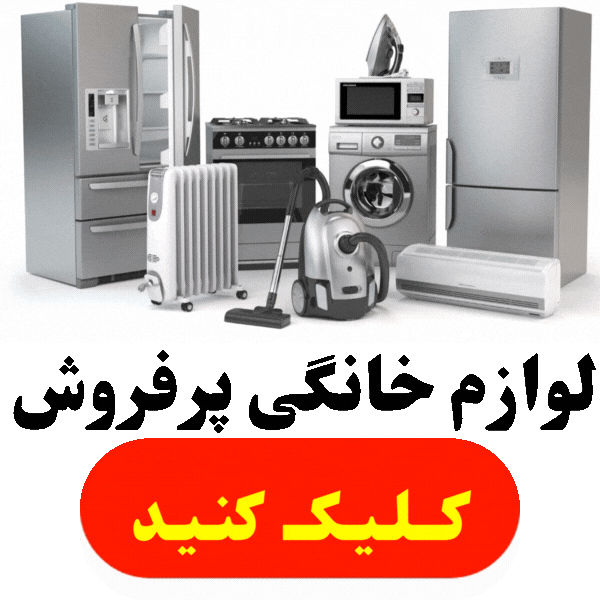Russian President Vladimir Putin announced Tuesday that Russia has become the first country to approve a coronavirus vaccine, claiming victory in a global race to conquer COVID-19. The vaccine was developed by Moscow's Gamaleya Institute, and Putin said one of his two daughters is among the Russians already inoculated with the vaccine. Scientists in Russia and around the world warned the breakthrough was not all that Putin claimed, noting the vaccine had not gone through Phase 3 trials that are expected to take months and are the only way to be sure an experimental drug is safe and effective. Top U.S. infectious disease expert Dr. Anthony Fauci said he "seriously doubts" the vaccine has been thoroughly proven. Russian officials say large-scale production of the vaccine is scheduled for September. [Reuters, The Associated Press]
Solving COVID: August 12, 2020

President Trump said Tuesday that the federal government will purchase 100 million doses of Moderna's experimental coronavirus vaccine, now in late-stage human trials. Moderna said separately that the deal is worth $1.5 billion, bringing the U.S. investment in Moderna's vaccine development to $2.5 billion. The new deal gives the government the option to buy up to 400 million doses, Moderna said. The U.S. has similar arrangements with pharmaceutical giants Pfizer, Johnson and Johnson, and other drug makers for early access to their potential COVID-19 vaccines. "We are investing in the development and manufacture of the top six vaccine candidates to ensure rapid delivery," Trump said. "The military is ready to go, they're ready to deliver a vaccine to Americans as soon as one is fully approved by the FDA." [CNBC]
Former Food and Drug Administration Commissioner Scott Gottlieb said the U.S. "may have a missed a window" to scale up production of a coronavirus treatment, which "could have been an important bridge to a vaccine." On Tuesday, Gottlieb said the focus on vaccine production even before federal approval means less emphasis on a potential treatment known as monoclonal antibodies. The treatment, made of genetically engineered antibodies, is reportedly a promising method in fighting COVID-19, and two separate clinical trials are in progress. The speed has been focused on vaccines, though Gottlieb said the antibody treatment could serve as a "hedge in the event vaccines are delayed or don't work." Because of the slow progress, Gottlieb said, "we just don't have enough doses to realize that goal." [Stat News]
The Bill & Melinda Gates Foundation donated $150 million to the Serum Institute of India, the world's largest vaccine maker, the Gavi vaccine alliance announced Friday. The money will help speed up the development and distribution of an eventual COVID-19 vaccine and make it available to 92 poorer countries for no more than $3 per dose. "Too many times we've seen the most vulnerable countries left at the back of the queue when it comes to new treatments, new diagnostics and new vaccines," said Gavi CEO Dr. Seth Berkley. "If only the wealthiest countries in the world are protected, then international trade, commerce and society as a whole will continue to be hit hard," Berkley continued. The Serum Institute of India, the go-to supplier for the World Health Organization, is working with AstraZeneca to make its candidate vaccine. [The Wall Street Journal]
Pfizer has entered a multi-year agreement with Gilead Sciences to manufacture its antiviral drug remdesivir, which has been FDA approved for emergency use to fight coronavirus. The partnership is intended to ramp up production of the intravenous drug. While no drug has been approved for the general treatment of coronavirus, remdesivir has been approved for emergency use. A study showed the drug, which was developed as a potential Ebola treatment, significantly reduced the risk of death in severely sick COVID-19 patients. The Trump administration previously bought up all the remdesivir Gilead was set to produce in July, August, and September. Concerns still remain over the price of remdesivir. At $520 per dose, it could cost a patient $3,000 over a typical coronavirus treatment. State attorneys general have sought to force Gilead to increase the supply of the drug and lower its price; the partnership with Pfizer could help in that goal. [CNBC]
tinyurlis.gdclck.ruulvis.netshrtco.detny.im

